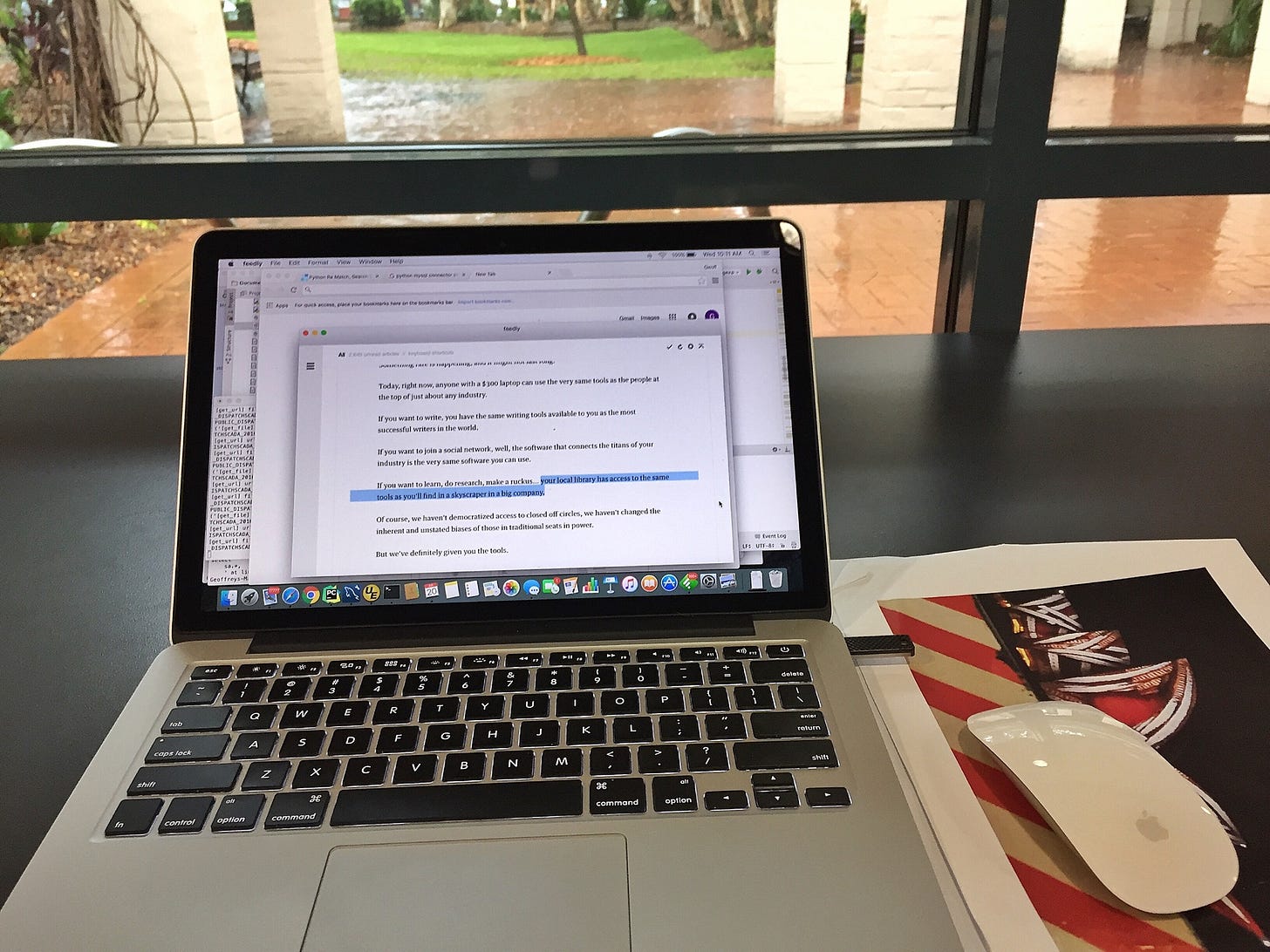Coding Through Grief
How grief can become a quiet engine of purpose—and why we all grieve differently.
"I need help. Do you want to work with me on it?"
– Bill Gates to Paul Allen, after the death of school friend Kent Evans (as recounted in Source Code: My Beginnings, 2025)
Summary
Bill Gates’s request to Paul Allen following their friend Kent Evans’s death reveals how some people work through grief not with words, but through action—finding focus, connection, and healing in the act of continuing, creating, or building something meaningful.
Explanation
Grief is a deeply personal, often unpredictable experience. There’s no one right way to do it. Some talk. Some cry. Some retreat. And some—like a young Bill Gates—get to work.
After Kent Evans’s sudden death, Gates didn’t attend therapy, talk openly about his feelings, or grieve in a way that today might be considered “healthy” or “standard”. Instead, he threw himself into the unfinished timetable program they had begun together—quietly but determinedly picking up the pieces and inviting Paul Allen along for the ride. Their month-long coding marathon became a makeshift ritual of remembrance, a silent tribute to Kent, and a way of transforming emotional turmoil into productive momentum.
This isn’t uncommon. For many, especially in earlier generations or cultures where emotional expression wasn’t encouraged—or in environments without access to counselling—grief found other outlets. People built things. They fixed what was broken. They wrote songs or stories. They cleaned obsessively. They worked. They volunteered. They focused on what could be controlled when life had just reminded them how much cannot be.
What Gates and Allen did was more than finish a project. It was a form of emotional processing—albeit unspoken and perhaps unconscious. Their coding became a container for their grief, a space in which confusion, sorrow, and memory could safely coexist. It was grief turned into logic, pain transformed into purpose.
In modern times, there’s greater awareness of the need for mental health support, and rightly so. Therapy, grief groups, and open conversations are invaluable for many. But Gates’s story is a reminder that healing doesn’t always look like talking. Sometimes it looks like building a class scheduler with your best friend for your lost best friend and your school. Sometimes it’s about getting through the night, one line of code—or one act of meaning—at a time.
Grief, when acknowledged in any form, has the power to deepen our connections, sharpen our sense of purpose, and change the course of our lives. For Gates, that moment of vulnerability—"I need help. Do you want to work with me on it?"—was both a coping strategy and the beginning of a world-changing partnership.
About
Bill Gates was a teenager when he lost his close friend Kent Evans, a formative loss that never left him. In the context of this quote, Gates is less the tech visionary and more a grieving boy trying to find his way. His response—quiet persistence, seeking partnership, focusing the mind—offers a window into how even in our darkest moments, the instinct to do something can be a path through sorrow. It worked for him. It may not work for everyone—but it’s a valid and enduring way of grieving.


